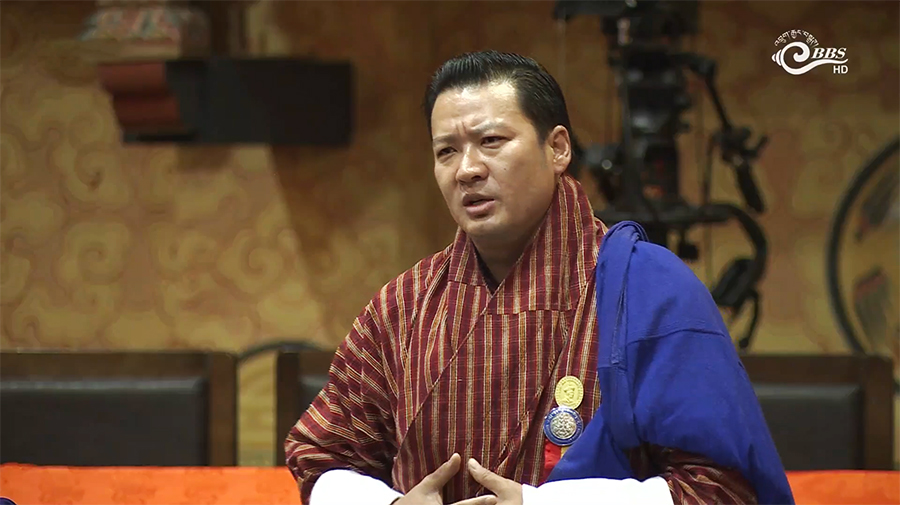 The council’s Legislative Committee informed the house about adding one more exception to allow abortion if the foetus is diagnosed with abnormalities. The committee presented its interim report on the amendment of the Penal Code of Bhutan 2004. The committee is reviewing it to ensure its relevance, clarity, and alignment with current legal and societal needs.
The council’s Legislative Committee informed the house about adding one more exception to allow abortion if the foetus is diagnosed with abnormalities. The committee presented its interim report on the amendment of the Penal Code of Bhutan 2004. The committee is reviewing it to ensure its relevance, clarity, and alignment with current legal and societal needs.
Some MPs supported the idea of amending section 146 of the Penal Code to allow abortion if the foetus is diagnosed as “incompatible with life”. This condition, often called as lethal foetal anomaly, means the unborn baby would not survive outside the womb or would only live for a short, painful time after birth.
Currently, abortion is allowed only to save the mother’s life, or if the pregnancy is a result of rape, incest, or if the mother is mentally unsound.
“Such problems are mostly faced by women. I thank the committee for considering this. Although it has not yet been endorsed, work is underway. While abortion is considered sinful from a religious perspective, the suffering of both the mother and child is a visible and real consequence that must also be acknowledged,” said Tshering Tshomo, Zhemgang MP.
“I would like to support the Zhemgang MP’s points on abortion. Women face many challenges nowadays, so we would be grateful if the committee could look into this matter comprehensively,” said Kesang Chuki Dorjee, Eminent Member.
The Legislative Committee presented the proposal following consultations with key institutions, including the Judiciary, the Office of the Attorney General, private legal practitioners, the Royal Bhutan Police, and other relevant stakeholders.
Additionally, the committee is reviewing the harmonisation of law in Dzongkha and English, improving clarity for interpretation, sentencing provisions for child molestation, and addressing the lack of specific provisions on online scams, digital currency fraud, mule accounts, and other technology-related issues.
Several MPs suggested including local governments, communities, and those directly affected by the Penal Code as part of the committee’s review process.
“The report mentions that the committee will consult relevant stakeholders. So, it’s important that the committee does this carefully and includes consultations with former prisoners, the general public, current inmates, and local government officials,” said Sonam Tobgyel, Trashigang MP.
“The amendment related to Ku, Sung, Thuk-ten, or Zung is also mentioned. Previously, the penalty was life imprisonment, but the report highlights the need to review it due to the differences in the value of older and latest Ku, Sung, Thuk-ten. Personally, I believe all Ku, Sung, Thuk-ten should be treated equally. Therefore, it would be best to consult the central monastic body on how to proceed with these rules,” said Rinzin Namgyal, Trongsa MP.
The Penal Code (Amendment) Bill of Bhutan 2025 will be tabled in the winter session of the parliament for deliberation.
Kinzang Lhadon
Edited by Phub Gyem








